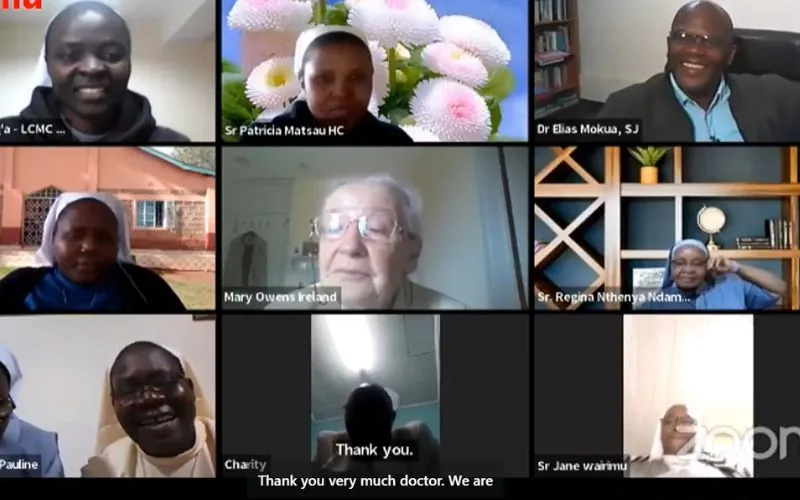Nairobi, 26 July, 2024 / 9:38 pm (ACI Africa).
Acknowledging “a common dignity” as children of God, the fostering of interpersonal encounters and dialogue, and the practice of listening are among the qualities of the New Instrumentum Laboris (working tool) the guiding document for the final session of the multi-year Synod on Synodality scheduled for 2-29 October 2024 in Rome, a Kenyan members of the Society of Jesus (SJ/Jesuits) has said.
In a Wednesday, July 24 virtual presentation, which the Nairobi-based Loyola Centre for Media and Communications (LCMC) organized, Br. Elias Mokua reflected on the document that the Vatican released on July 9.
The six sections of the roughly 30-page document are about ways of implementing some objectives of the Synod on Synodality. However, while the “working tool” for the 4-29 October 2023 session of the 16th Ordinary General Assembly of the Synod of Bishops covered hot-button topics like women deacons, Priestly celibacy, and the outreach to Lesbian, gay, bisexual, transgender, and questioning (LGBTQ), the new one avoids these subjects.
This year’s text offers concrete proposals for instituting a listening and accompaniment ministry, greater lay involvement in Parish finances, and more powerful Parish councils.
In his July 24 presentation, Br. Mokua said that this year’s “working took” for the October session emphasizes the shared dignity of the people of God.








